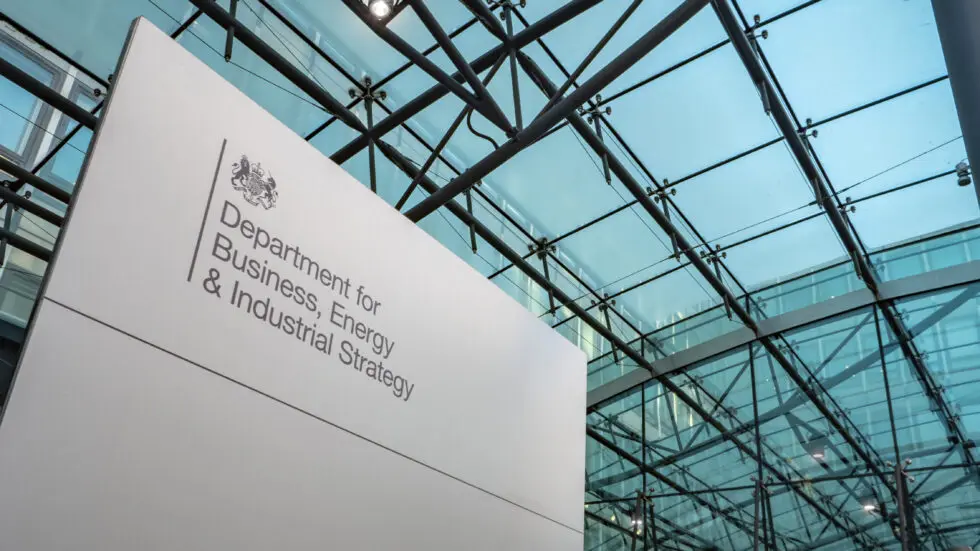Last week Rishi Sunak got out his butcher’s block and cleaver and carved up the Department for Business, Energy and Industrial Strategy (BEIS) into three new departments – the biggest Whitehall shake up since Theresa May’s post-Brexit reorganisation.
BEIS has been split into the Department for Energy Security and Net Zero (DESNZ for short), headed by Grant Shapps; the Department for Science, Innovation and Technology (DSIT), lead by Michelle Donelan; and the remainder of BEIS being merged into Kemi Badenoch’s Department for International Trade to become the Department for Business and Trade (DBT).
The move has been met with a mixed response. The Times reported that Ministers were baffled by the changes and, importantly, the decision to make them now. They argued there will be an inevitable delay in delivery as the new departments recalibrate, leaving them less time to make their mark ahead of the next general election.
However, the argument has been made across the political divide over the past year that this type of short-term thinking of previous governments is part of the reason why the UK is facing the challenges it is with its energy market.
It is clear that Sunak sees achieving Net Zero and improving our energy security as going hand-in-hand. To end the UK’s reliance on expensive fossil fuel imports we must start to produce more clean energy at home.
Unfortunately, like most things, this is easier said than done. There are still huge issues around the grid and gaining planning that the Government needs to overcome. The FT recently reported that solar, wind and battery storage developers are being told there is a 13-year wait to connect new projects to the grid. This will undoubtedly discourage investment in the sector and hamper the UK’s shift to clean energy.
The move to separate business from energy mirrors Labour’s set up of a separate Shadow Secretary of State for Business and Industrial Strategy and one for Climate Change and Net Zero – finally giving Ed Miliband someone to shadow – lucky him!
Many have argued Labour has been more proactive than the Tories in selling the green industrial revolution by showcasing the economic benefits that come with clean energy and the opportunity it presents to ‘level-up’ the UK. On the latter, former Levelling-Up Secretary and Red Wall MP, Simon Clarke has been making this point more and more recently, and encouraging the Government to realise the benefits green technology can bring to areas that have historically seen lower levels of investment.
There is of course the risk that without proper policy in this area the UK will see this investment go elsewhere. Chis Skidmore MP’s Net Zero Review found this to be the case, reporting that conflicting, and stop-start, strategies were deterring business, investors and consumers from committing to measures that reduce emissions. With Joe Biden’s Inflation Reduction Act offering $369 billion in subsides for green technology, companies will begin to invest in the US, meaning there is a real risk the UK will be left behind.
The decision to change the machinery of government is clearly a risk that the Prime Minister is willing to take. Ipsos Mori research towards the end of last year found the public is still broadly supportive of Net Zero policies. Undoubtedly Sunak will be hoping that giving Net Zero and energy security greater ministerial attention will see his Government start to put in place more coherent policy that answers two of the biggest challenges the UK faces, as well as boosting the economy, in doing so helping get the Tories onto a better footing ahead of the next election.
2023 is set to be a big year for Net Zero, to find out what policies we can expect to see when, download our Net Zero 2023 Calendar here.




